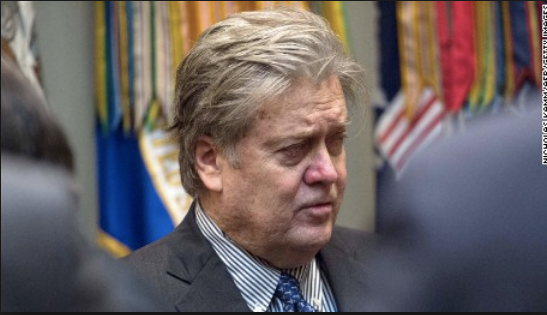Rupert Murdoch has repeatedly urged President Trump to fire him. Anthony Scaramucci, the president’s former communications director, thrashed him on television as a white nationalist. Lt. Gen. H. R. McMaster, the national security adviser, refused to even say he could work with him.
For months, Mr. Trump has considered ousting Stephen K. Bannon, the White House chief strategist and relentless nationalist who ran the Breitbart website and called it a “platform for the alt-right.” Mr. Trump has sent Mr. Bannon to a kind of internal exile, and has not met face-to-face for more than a week with a man who was once a fixture in the Oval Office, according to aides and friends of the president.
So far, Mr. Trump has not been able to follow through — a product of his dislike of confrontation, the bonds of a foxhole friendship forged during the 2016 presidential campaign and concerns about what mischief Mr. Bannon might do once he leaves the protective custody of the West Wing.
Not least, Mr. Bannon embodies the defiant populism at the core of the president’s agenda. Despite being marginalized, Mr. Bannon consulted with the president repeatedly over the weekend as Mr. Trump struggled to respond to the neo-Nazi rally in Charlottesville, Va. In general, Mr. Bannon has cautioned the president not to criticize far-right activists too severely for fear of antagonizing a small but energetic part of his base.




